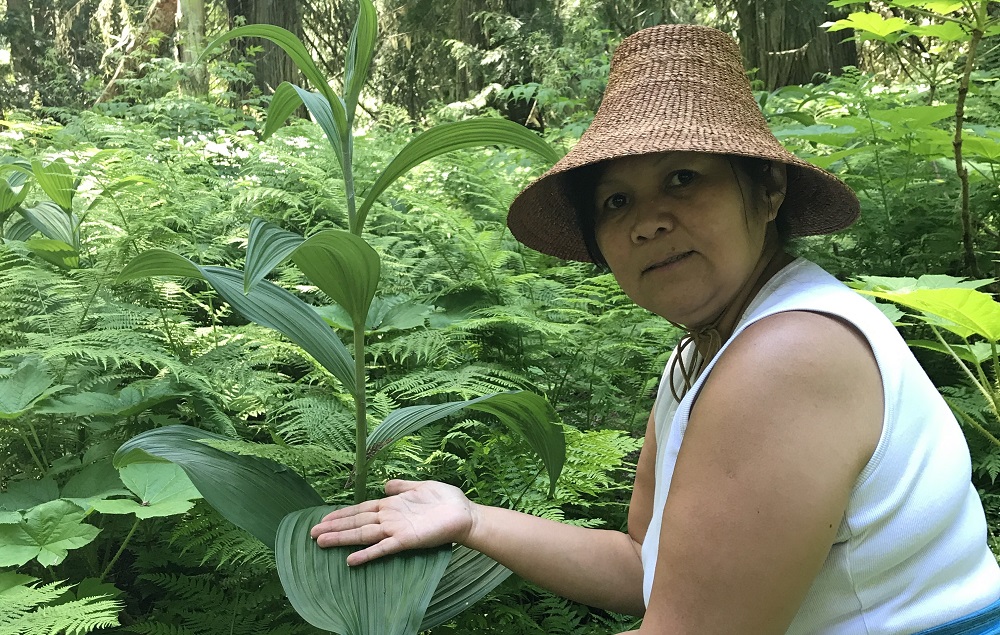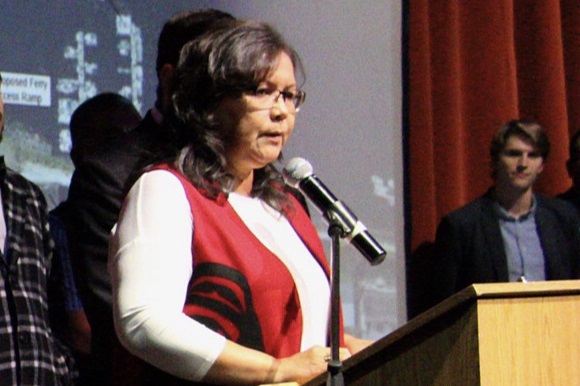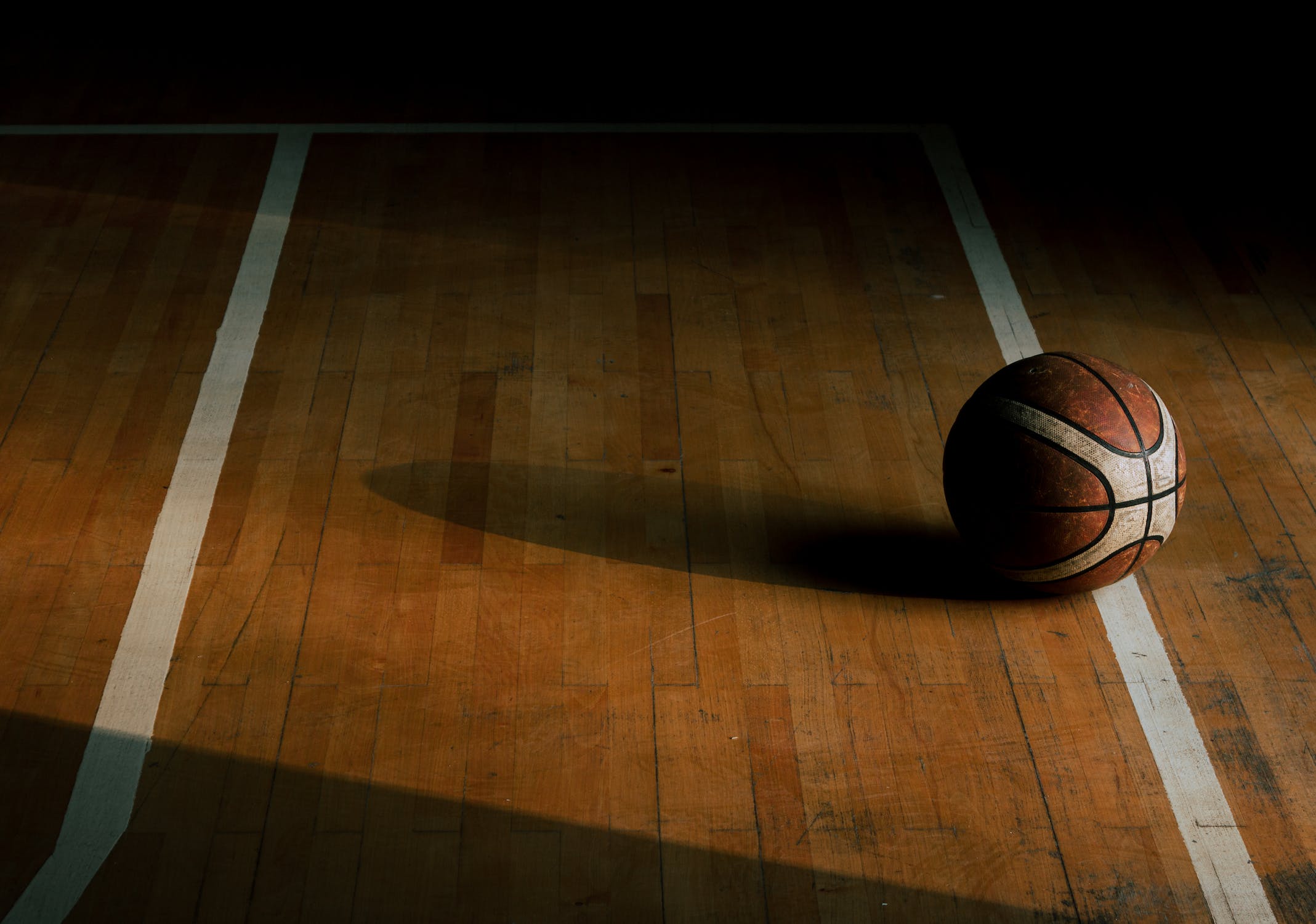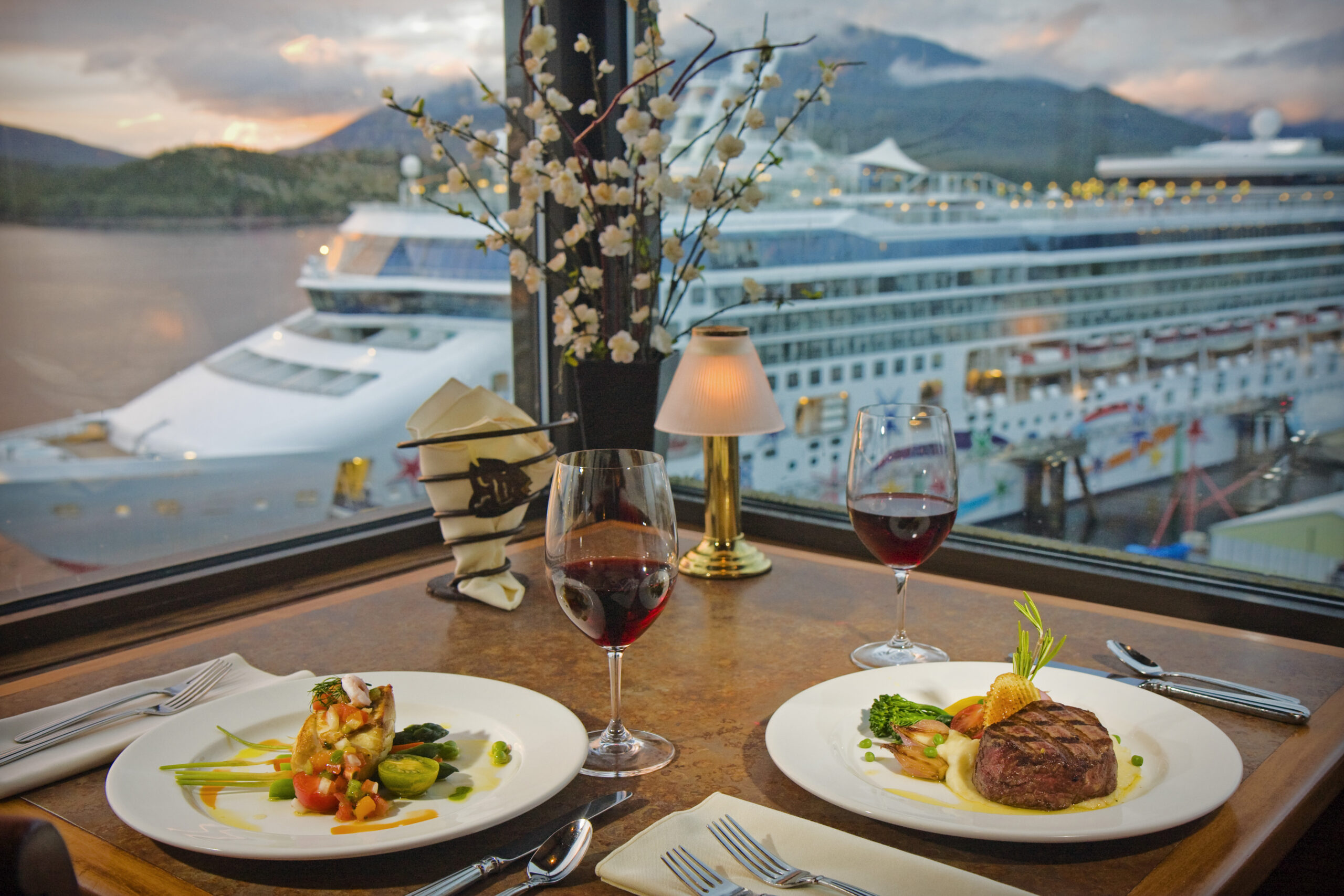Currently in her first term as the first female Chief Councillor of the Gitxaala Nation, Lou Gagwelks Chief Linda Innes describes how she had always been motivated to be a part of positive change within her community.
WHY DID YOU DECIDE TO RUN FOR LEADERSHIP?
This is my first time in an elected position. In the beginning I was really nervous and I felt kind of fragile but
after a while I thought, everything that I’m doing here I’ve prepared for this. I’ve always had a vision to run for
leadership. I’ve seen women apply for jobs where they say it’s a man job and I felt it was such an injustice and
disservice that women are dealt with by their own people in that manner. So I felt it was time for women to rise up in our leadership.
WHY DID YOU DECIDE TO ACCEPT THE ROLE OF CHIEF COUNCILLOR?
I’ve always been very motivated. Our council vision, my vision, was to rebuild our Nation’s unity by ensuring our
members were participating meaningfully in all areas of governance, and by being accountable and transparent. How do we manage for the changes ahead? When I look back, I want to be proud that our policies are in place and to ensure that our Nation’s members are the direct beneficiaries of our agreements and they have a say over what happens in our territories.
WHAT IS THE BIGGEST CHALLENGE FACING YOUR COMMUNITY?
I really feel our language is under threat, our culture. We still have a lot of work to do to decolonize ourselves. Even
for myself, I’m the first female elected Chief for Gitxaala and I’m proud of that, but not many people are proud of it
because it’s traditionally been a man’s job. I think the threats we face are many: Our culture, our language, our unity – we need to work on our healing.
WHAT IS AN ACCOMPLISHMENT YOU ARE MOST PROUD OF?
I would say I am most proud that we have a unified governing council. Based on that unity, we’re able to make decisions. Even though in our meetings we deliberate and we debate issues, we do our best to make informed decisions to benefit our Nation. Another accomplishment I’m proud of is having extended an olive branch to
our neighbouring Chiefs to ask how can we work together? And they’ve been very reciprocal. When you look at the
opportunities before us, as long as we’re not working together, we’re leaving a lot at the table. Together we’re stronger.
HAS JOINING COASTAL FIRST NATIONS (CFN) BEEN PART OF THOSE EFFORTS?
I didn’t really realize how much a part of Coastal First Nations we were. We’re the “People of the Salt Water.” We live by the ocean, we depend on the ocean, that’s our whole environment. Being a part of CFN gives us that collective voice with government. We have a stronger voice and impact and it gets the needs of our Nations met.
WHY IS WOMEN’S LEADERSHIP IMPORTANT IN CFN COMMUNITIES?
Part of my courage to run for leadership came from watching others like Chief Marilyn Slett and Chief Crystal Smith.
When you see more women get involved it’s inspiring. Once you know the history of colonization, women in general were not allowed to vote in federal or provincial elections until 1918, and for Indigenous women, we were not allowed to vote until 1951. As women in leadership, I feel we combine our knowledge, skills and abilities to effectively confront colonization.
WHO INSPIRED YOU AND WHY?
In terms of leadership my strength comes from my mother and my grandmothers. They’re very strong women, very motivated. They taught me how to provide for myself, lead for myself. In terms of community leadership, the one person who has always inspired me was one of our late elders, Johnson Gordon. He was a Hereditary Chief and
served as an elected leader for over 30 years. My first encounter with him was an interview for a Grade Eight social studies project. When I was done, he said, “One day you’re going to be a leader in this community.” What inspired me about that was his attitude of care. It is those little things we need to instill in our younger generation of girls and boys.
AS A FEMALE LEADER, WHAT HAS BEEN THE MOST SIGNIFICANT BARRIER IN YOUR CAREER?
As a female leader, being elected under the Indian Act itself is a barrier. On a personal level, a barrier has been
the intergenerational trauma that I have experienced. Lateral violence was a huge barrier in my career. With continued healing over the past years, I can manage effectively the lateral violence and set respectful boundaries for myself and others. I have a very good grasp of governance and being a female has its strength: I am nurturing. I push for improvement and engagement in social determinants of health. I have courage and faith in our leadership and our people.
WHAT IS ONE OF THE BIGGEST CHALLENGES FOR THE NEXT GENERATION OF WOMEN LEADERS?
The first thing that comes to mind is climate change. How do we help our Nation adapt to climate change? I don’t
know when I leave this world what will happen to our children. We’re right by the ocean. Will we be safe? We have to
think about the future, not just today.
WHAT INSPIRES YOU TO CARRY ON IN DIFFICULT TIMES?
I have a really good relationship with my husband. He’s been my inspiration and he believes in me more than anyone else, even when I don’t believe in myself. Self-care is important. In difficult times, I work on land connections – fishing, hunting, berry-picking. When I get a little break, I take advantage of them and I just love that connection.
WHAT ADVICE WOULD YOU GIVE TO FUTURE GENERATIONS OF FEMALE LEADERS?
I would tell anyone who wants to go into leadership to believe in yourself, believe in your people, and believe in
your community. Have courage to make the right decisions, don’t be afraid to ask questions, don’t be afraid to ask for help.
Chief Innes brings diplomas in Business Administration and Social Work to her position as Chief, and is completing a Bachelor of Arts, with a minor in Political Science. It is her hope to inspire all women to earn a higher education and to take their rightful place as equal participants in the community, workforce and society.



